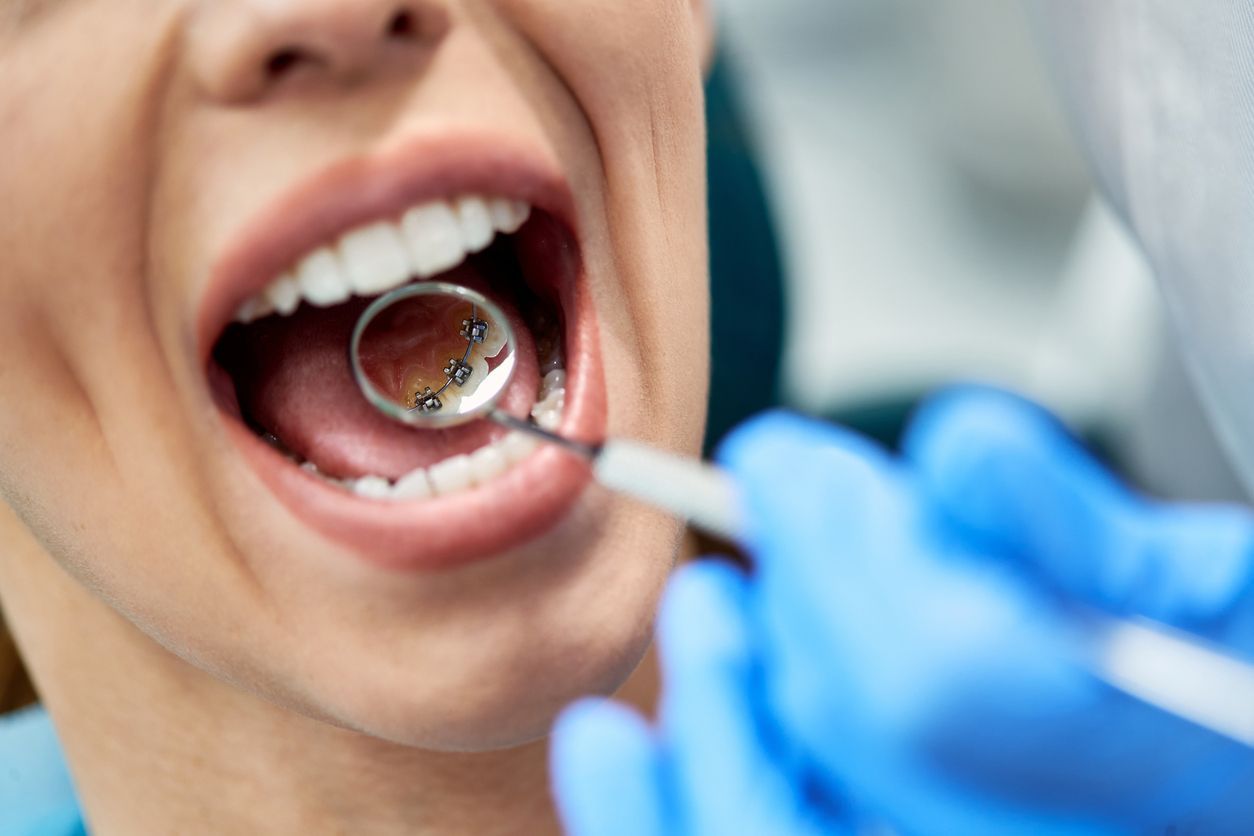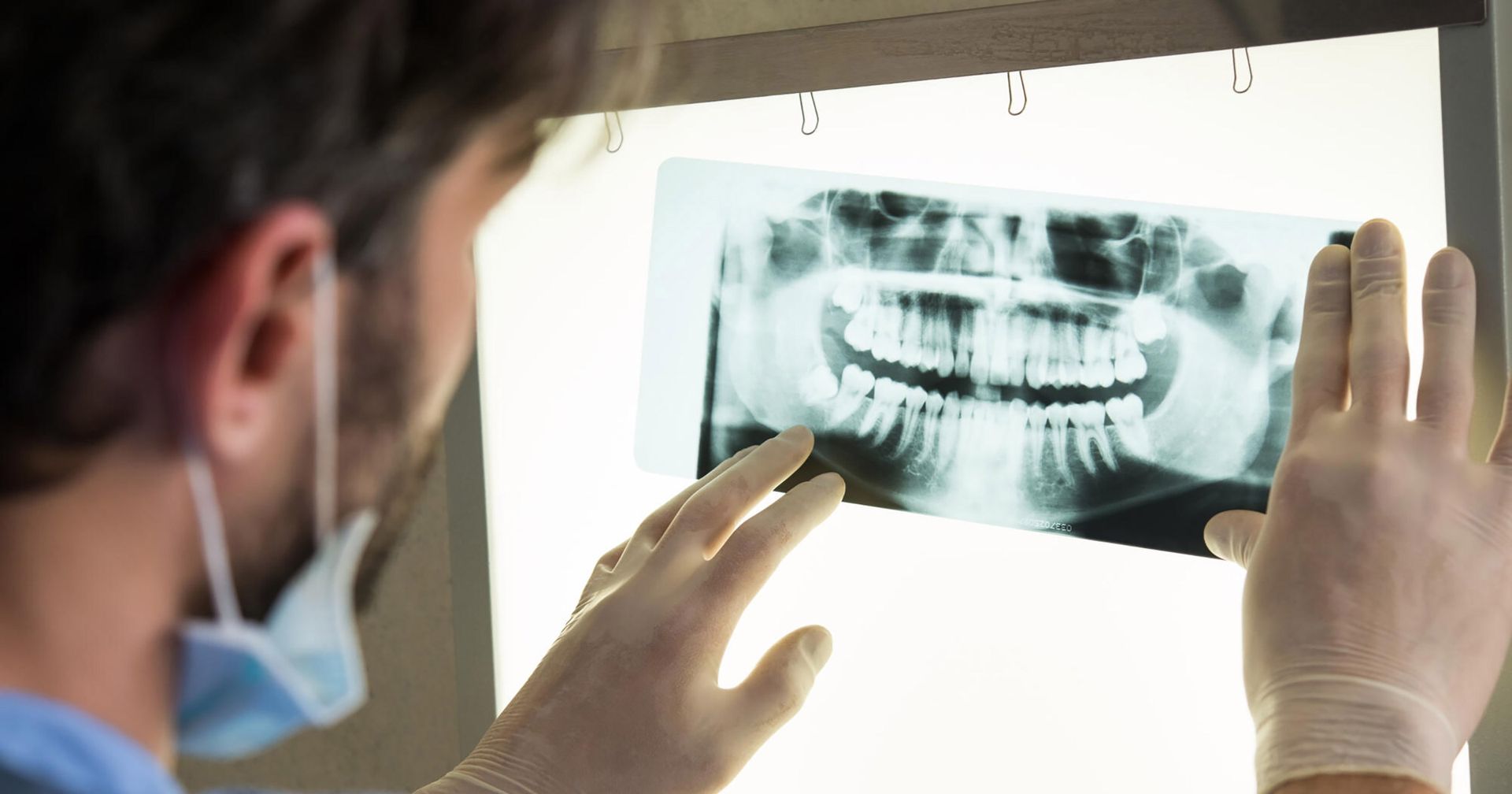Comparing Alternatives: Dental Implants vs. Traditional Bridgework
When comparing dental implants vs. bridges, there are lots of factors to consider. Here's what you need to know ahead of your restoration.
According to the American College of Prosthodontists, approximately 120 million Americans are missing at least one tooth, and about 40 million have lost all of their teeth.
Tooth loss can significantly impact daily life, affecting everything from eating and speaking to self-confidence.
When it comes to replacing missing teeth, two common options are dental implants and dental bridges. Each has its own advantages and considerations.
Today, we're taking a closer look at dental implants vs. bridges, examining their procedures, benefits, costs, and suitability to help you make an informed decision about your dental restoration options.
What Are Dental Implants?
Dental implants are one of the most reliable options for replacing missing teeth. They're designed to look, feel, and function like natural teeth. While the process takes time, many people choose implants because they offer lasting results. There are three main things to know about dental implants:
- The Use of Titanium Implants
- How Implant Placement Works
- Long-Term Stability and Appearance
The Use of Titanium Implants
Dental implants are typically made from titanium, a material known for its strength and ability to bond with bone. It helps the implant stay in place and supports the artificial tooth. The metal post acts like a root, giving the restoration a strong foundation.
How Implant Placement Works
The implant placement process usually starts with a consultation and X-rays. After that, the dentist places the titanium post into the jawbone. Healing can take a few months, during which the bone grows around the implant.
After healing, a small piece called an abutment is attached, followed by the crown.
Long-Term Stability and Appearance
Implants are often chosen for their natural look and feel.
They don't rely on neighboring teeth for support, which helps preserve the rest of the mouth. With good care, they can last for decades and are considered one of the most stable tooth replacement options available.
What Are Dental Bridges?
Dental bridges are a common way to fill the gap left by a missing tooth or several missing teeth. They use nearby teeth for support and help restore your smile. There are three main things to know about dental bridges:
- What Are Dental Bridges
- Types of Dental Bridge
- How They Work and Feel
What Are Dental Bridges
A dental bridge is a fixed dental device that replaces one or more missing teeth. It includes one or more false teeth, known as pontics, and is held in place by crowns on the teeth next to the gap. These crowns are cemented onto the natural teeth, keeping the bridge stable and secure.
Types of Dental Bridge
There are a few types of dental bridges, each used for different situations. Traditional bridges are the most common and rely on two natural teeth for support.
A cantilever bridge is used when there's only one supporting tooth. A Maryland bridge uses a metal or porcelain framework to bond to the back of nearby teeth. Some bridges can even be supported by implants.
How They Work and Feel
Once placed, dental bridges restore chewing and speaking. They're made to match your natural teeth in color and shape. While they don't replace the tooth root, they still help keep other teeth from shifting out of place. Most people find that a dental bridge feels natural once they've adjusted.
Dental Implants vs. Bridges
When deciding between dental implants and dental bridges, it helps to compare them side by side. Each option works well for restoring missing teeth, but the differences affect long-term comfort, cost, and health.
There are four main areas to consider when comparing dental implants vs. bridges:
- Durability and Lifespan
- Impact on Bone and Surrounding Teeth
- Daily Comfort and Maintenance
- Appearance and Function
Durability and Lifespan
Dental implants are often made with titanium and can last for decades when cared for properly. They become part of the jawbone, which helps create a strong base for the crown. Dental bridges tend to last 10 to 15 years and may need to be replaced more than once over a lifetime.
Impact on Bone and Surrounding Teeth
One big difference is how each option affects the rest of the mouth. Implants replace the tooth root, which helps stop bone loss in the jaw.
Bridges do not go into the bone and rely on nearby teeth for support. That means the healthy teeth next to the gap need to be reshaped to hold the crowns that support the bridge.
Daily Comfort and Maintenance
Both options feel comfortable once healed. Implants are easier to clean because they act like single teeth and don't require special floss tools.
Bridges can collect food under the false tooth, which may require extra steps to keep clean. Daily care for either option helps them last longer and stay in good shape.
Appearance and Function
Most dentists can match both implants and bridges to your natural teeth. Still, implants tend to feel more like real teeth because they are anchored directly in the bone.
Bridges can work just as well for speech and chewing, but they might feel a little different at first. Over time, most people adjust to whichever option they choose.
Cost and Insurance Considerations
Dental implants often cost more at the beginning. This is because implant placement takes more time, tools, and materials, like titanium implants and custom-made crowns.
Still, implants may last much longer than a bridge, which means fewer replacements over the years. Some people find that the extra cost is worth it for the long-term stability.
Many dental plans are more likely to cover dental bridges. Insurance companies sometimes see bridges as the standard
solution for missing teeth. Implants may only be covered in part, or not at all, depending on the plan.
Dental Implants and Bridges Help
Choosing between dental implants vs. bridges depends on your health, budget, and long-term goals.
At our South Philadelphia dental office, we offer expert care using advanced technology and strict safety standards. We work hard to make each visit as comfortable and stress-free as possible. Dr. Tabas takes time with every patient, answering questions and clearly explaining treatment options to build trust and lasting relationships.
Get in touch today to find out how we can help with your dental needs!











